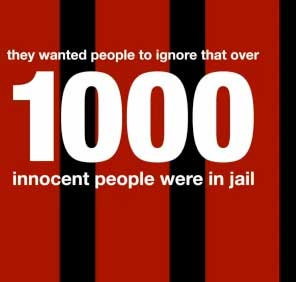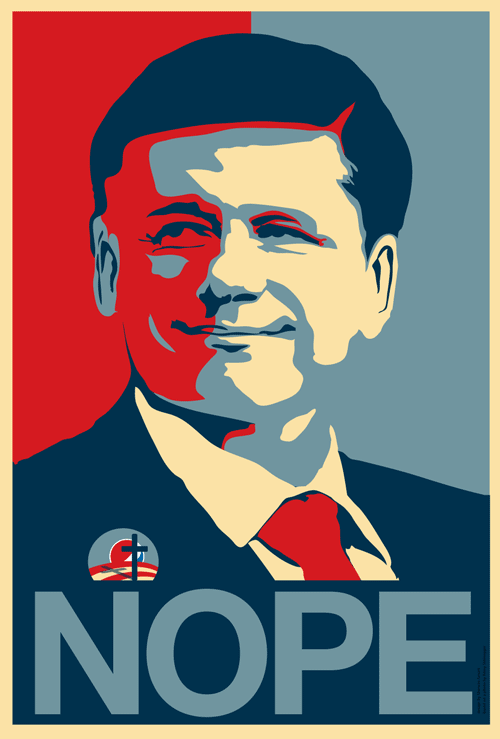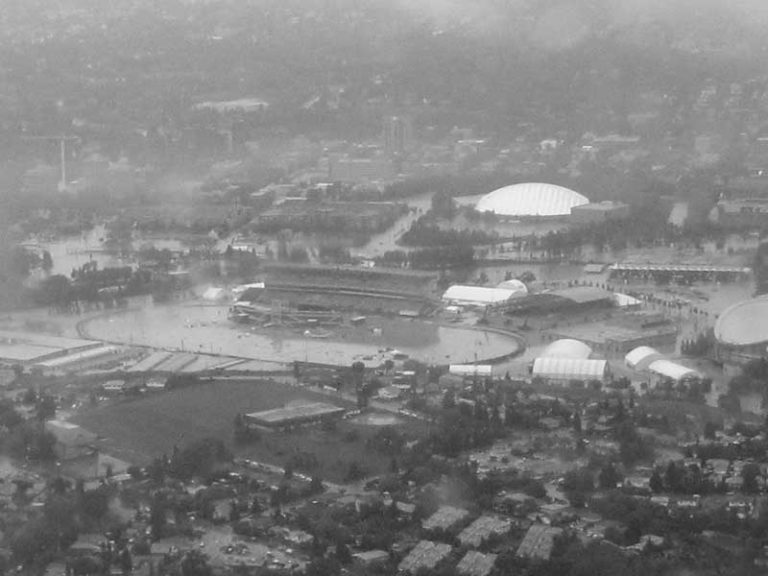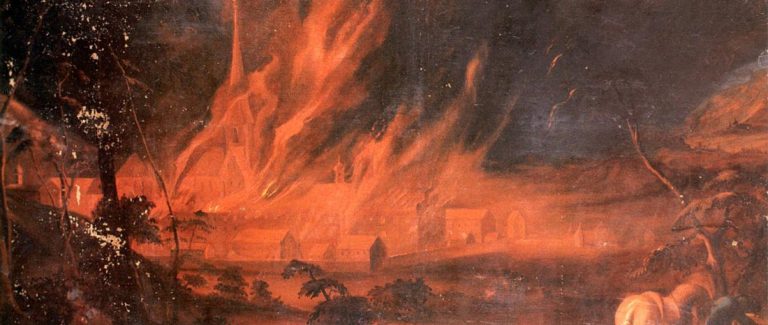Petrostatehood is not a zero or one
Some time ago Nikiforuk published an article at Foreign Policy declaring Canada a petrostate. It caused a big splash and became a talking point in the culture wars that make up Canadian politics. Stephen Saideman, the Paterson Chair at the Norman Paterson School of International Affairs, called it hyperbole. And Andrew Leach, the Enbridge Professor at the Alberta School of Business, called it short on evidence.1
The exchange between Nikiforuk and Leach is good. As a result of the turmoil following Nikiforuk’s article I, for one, understand the tests and criteria for what a petrostate is, slightly better.
Leach, for example, points out that the contribution of oil, gas and mining to the GDP is roughly only 8%. The oilsands contribution is only 1.8% of GDP. Leach points out that if revenue from oil exports is our measure, we’re less petrostate than Norway. Only one quarter of export revenue is from oil. In response, Nikiforuk seems happy to call Norway a petrostate too. Now some will claim that this is an unfair stretching of the meaning of petrostate. Certainly we should be careful to distinguish between the various meanings being used. We are not Russia. We are not Venezuela. Right?
In these kinds of culture wars, it’s common for folks to say we are or aren’t X; that Canada is or is not a petrostate, for example. Nikiforuk says we are. Leach says we aren’t. Both claim that evidence matters. Both claim the other is looking at the wrong evidence. Both accuse the oil industry and the government of rhetoric.2
But in this matter, I suggest we add something to this discussion. Let’s all agree that petrostatehood is not a simple yes or no state. Like, say, democracy, it’s not a matter of zero or one. Nation states are more and less petrostates. There are contexts in which they do and don’t act like petrostates. There are dimensions along which we can measure and compare petrostatehood. It’s not rocket science.
Here are several possible dimensions to assess to what extent, and in which contexts, Canada is a petrostate:
- when and where and how do our legal and legislative processes favour oil industries over other industries?
- when and where and how do our legal and legislative process favour oil industry interests over the rights of citizens?
- when and where and how do our national media and public discourse favour oil industry interests over the interests of other industries or citizens?
- when and where and how do our democratic processes suffer as a result of oil industry interests?
- when and where and how do our governments work on behalf of oil industry interests at the expense of other interests?
Obviously, these aren’t comprehensive. You could add as many as you want. We could argue about what to include. Actually that would be a fruitful and relevant discourse. We might add, for example: has the state police ever shot someone over an oil industry related controversy? Or, have citizens been jailed over oil related controversies. Well, these are both subsumed by #2, but you get my drift.
Leach suggests an important test himself: Is the national economy dependent on resource extraction? To which Leach replies no, pointing out that “the national economy is less dependent on resource extraction today than it has been at almost any time in the last 50 years, and that trend is likely to continue.”3 It’s important to point out that he switches from “petroleum” to “resource extraction” precisely so he can say we’re less dependent now.
Leach’s point about resource extraction is still interesting. But it’s a slightly different question. Is it also true of oil? Probably not.4
But my point is that we could reasonably ask ourselves, are we more petrostate now, than we were at some point in the past? That’s interesting. Or, has our democracy suffered as a result of oil industry interests? Perhaps our rights as citizens have been bolstered? If so, we are less petrostate than we were. These are important questions, and I’m grateful for Nikiforuk’s and Leach’s continued work on this matter.
Something I like about Nikiforuk’s analysis
Just for the record, I’m no more exempt from the culture wars, than the journalists, the pundits, the politicians, the activists, the columnists, the public relations pros, the communications staff, and yes, the economists. If you want to know where I’m coming from, just check out my other articles. Or ask.
Also, I like Nikiforuk’s article.
I think many of us like Nikiforuk’s article, partly because it captures our concern that Alberta is driving our national politics. And, unfortunately, it’s not all of Alberta. It’s Alberta on first past the post. It’s oil Alberta. It’s fortress Alberta. It’s the Alberta that understands least what the impacts of colonization are on Indigenous people. It’s the we-disdain-Quebecers Alberta. It’s the we-work-harder-and-the-folks-from-other-provinces-are-lazy-bastards Alberta. It’s entitlement Alberta.
Let’s face it, it’s the Alberta that is most skeptical of climate destabilization.
It’s the Alberta that thinks, despite Leach’s point that the contribution to GDP is small, that unfettered petrol expansion is necessary for our national well-being. Well, Alberta can’t have it both ways. If it’s necessary, then we are dependent.5 If it’s necessary, no increased understanding of the risks and impacts of burning petrol will change our policies and our contribution to climate change.
Petrostate comparisons
It’s common for the folks who disagree with Nikiforuk to do so by simply saying, hey Canada is not Russia. That’s basically what Saideman said. Or hey, Ottawa is no Caracas. That was the title of Leach’s article (written by an editor).
But the more I think about it, the more I would love to see a multi-dimensional model of petrostatehood. My hypotheses?
- Despite the fact that Canada makes less export revenue from oil than Norway, we are, by and large and in the long run, way more petrostate.
- We are more petrostate now than we were ten years ago.
“The author of this transformation is Prime Minister Stephen Harper, a right-wing policy wonk and evangelical Christian with a power base in Alberta, ground zero of Canada’s oil boom.”
– Andrew Nikiforuk, Oh, Canada: How America’s friendly northern neighbor became a rogue, reckless petrostate.
- http://www.foreignpolicy.com/articles/2013/09/03/ottawa_is_no_caracas ↩
- And they also subtly imply that the other doesn’t care about evidence. Yes, I’m looking at you Leach: “Canadians should scrutinize their national energy and environmental policies, particularly with regard to the fast-growing oil sands sector, but that scrutiny must focus more on the evidence and less on the noise.” ↩
- http://www.foreignpolicy.com/articles/2013/09/03/ottawa_is_no_caracas ↩
- Leach himself points out that the share of GDP from the oilsands has increased. ↩
- Put more precisely, we could say, the degree to which we are dependent relates to the degree to which it is necessary. ↩
Don’t miss a dispatch!







